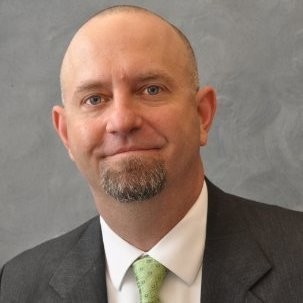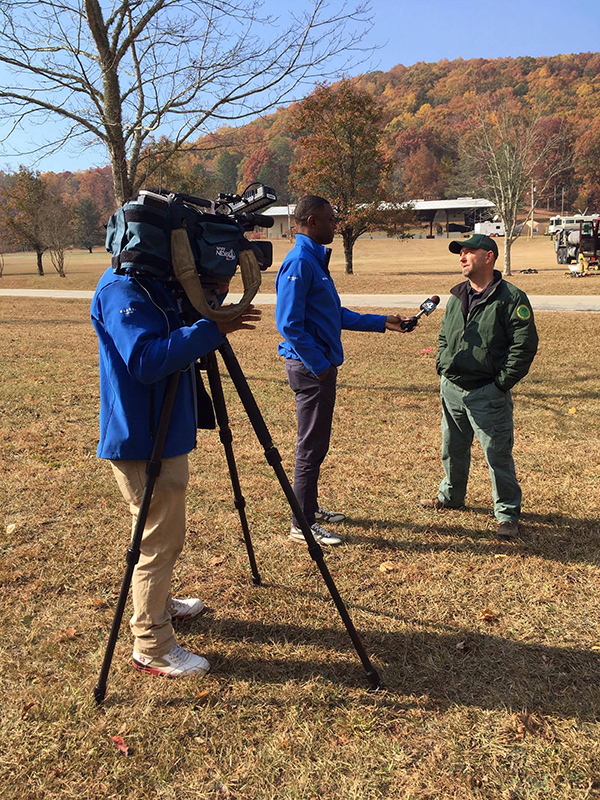Outstanding Forestry Journalism Award
Doug Wood
The Outstanding Forestry Journalism Award recognizes high quality journalistic coverage of topics that increase the American public's understanding of forestry and natural resources.

Doug Wood is the director of communications for the South Carolina Forestry Commission (SCFC), holding this position since 2014. Wood's contributions center on enhancing public awareness of forestry and natural resources through effective communication strategies. His role involves writing diverse articles for SCFC's
Tree Country newsletter, highlighting agency achievements and collaborations that promote and safeguard South Carolina's forests. He also manages layout design and copy editing for these articles. Additionally, Doug oversees the
Best of Tree Country quarterly magazine, curating top articles from the monthly newsletter.
Doug led the annual initiative Prescribed Fire Awareness Month, with press releases, media-invited prescribed burns, and educational material to underscore controlled burn benefits. He also initiated the CancelWildfiresSC Fire Prevention Month campaign, creating a dedicated website for fire prevention messaging and crafting radio and television scripts featuring notable sports figures. During a critical fire season in 2022, Doug's efforts secured Coach Dabo Swinney and Coach Shane Beamer for public service announcements about fire prevention. These public service announcements, broadcast on radio and television, emphasized forestry's economic impact, SCFC's role, landowner guidance, and wildfire mitigation strategies.

Doug's editorial skills are evident in the management of SCFC's publications, such as the
Forest Trees of South Carolina book, and the
Invasive Species of South Carolina Forests book, both receiving notable awards. His leadership extends to the Appalachian Society of American Foresters Annual Winter Meeting program, managing layout, cover design, speaker bios, and promotional content. Under his guidance, SCFC's information and education department earned seven South Carolina notable state document awards for informative publications. He also contributes editorials discussing forestry-related matters in local newspapers and websites across the state.
In summary, Doug's tenure as SCFC's director of communications has been marked by initiatives that enhance public understanding of forestry and natural resources. Through articles, campaigns, publications, and editorials, he has consistently facilitated informed conversations and awareness in the realm of forestry.
A few words from Wood:
Before I joined the SC Forestry
Commission nearly 10 years ago, I had no idea that forestry was even a college
major, much less the expansive umbrella of specialties, careers, and topics
that I now speak and write about for a living. When then-South Carolina State
Forester Gene Kodama, also a former SAF president, hired me as his director of
communications, he said he didn't want a forestry specialist for the job, but
rather a layperson who would bring fresh eyes to the world of forestry and
wildfire. I never imagined that I'd land such a dream job – especially one
about whose subject matter I knew literally nothing – but I couldn't be happier
that I did because it opened up a whole new world of knowledge for which I have
become a passionate disciple. Having the opportunity to share with others the
myriad environmental, economic, and societal benefits of forestry, not to
mention the sacred mission of protecting our forest resources, is an honorable
responsibility. This award is truly the highlight of my professional career,
and I'm humbled and honored just to be mentioned alongside the esteemed
practitioners who are receiving national recognition from the Society of
American Foresters.
Photo Left: Doug speaks to a reporter about the Pinnacle Mountain Fire, an extended wildfire incident in the upstate of South Carolina in 2016.